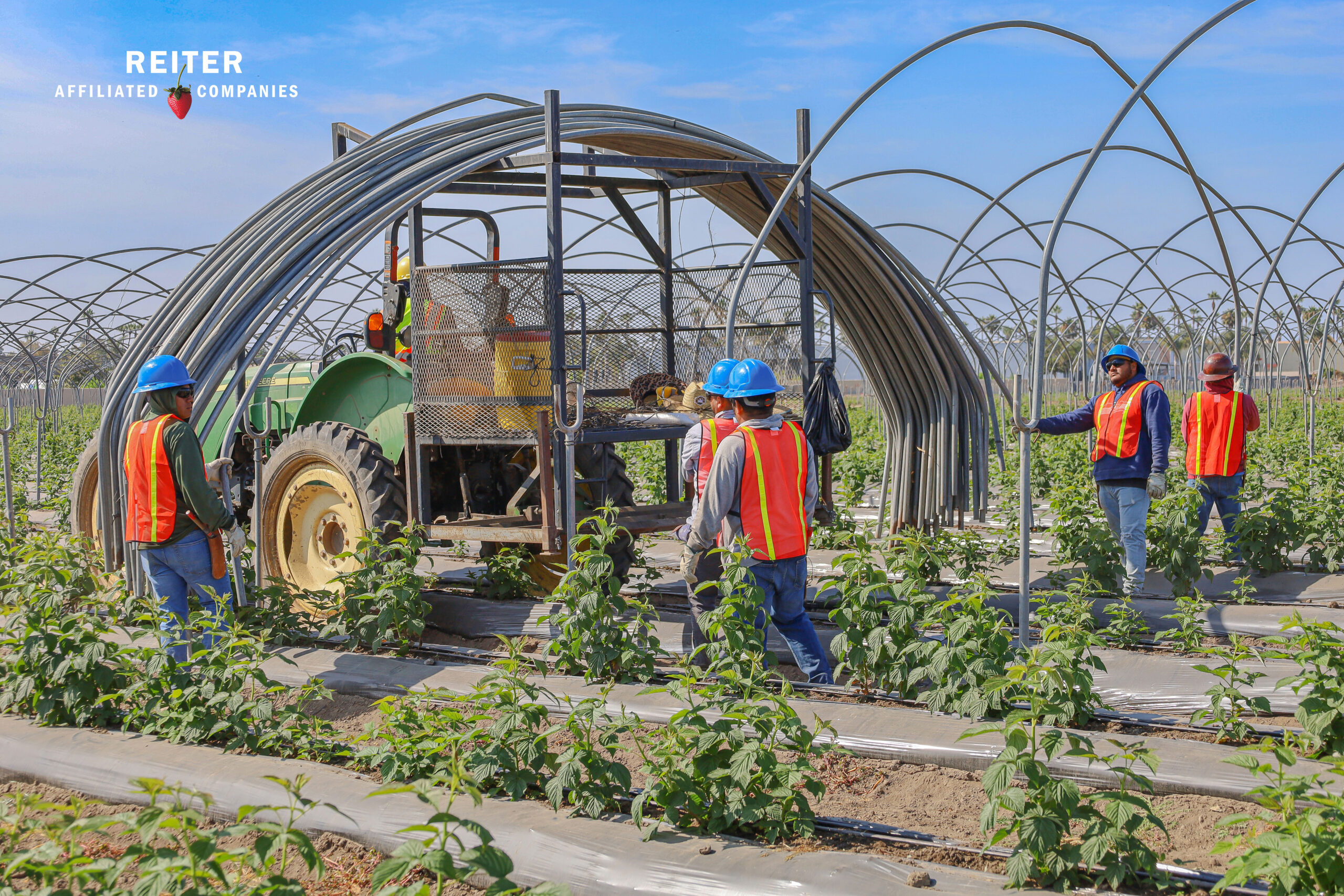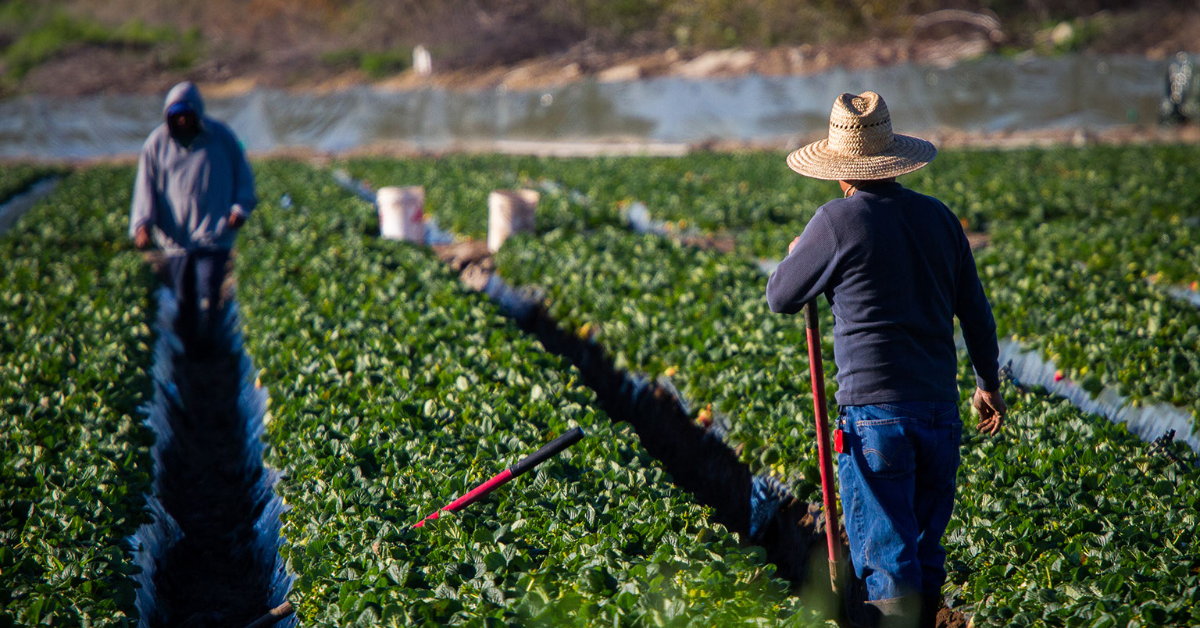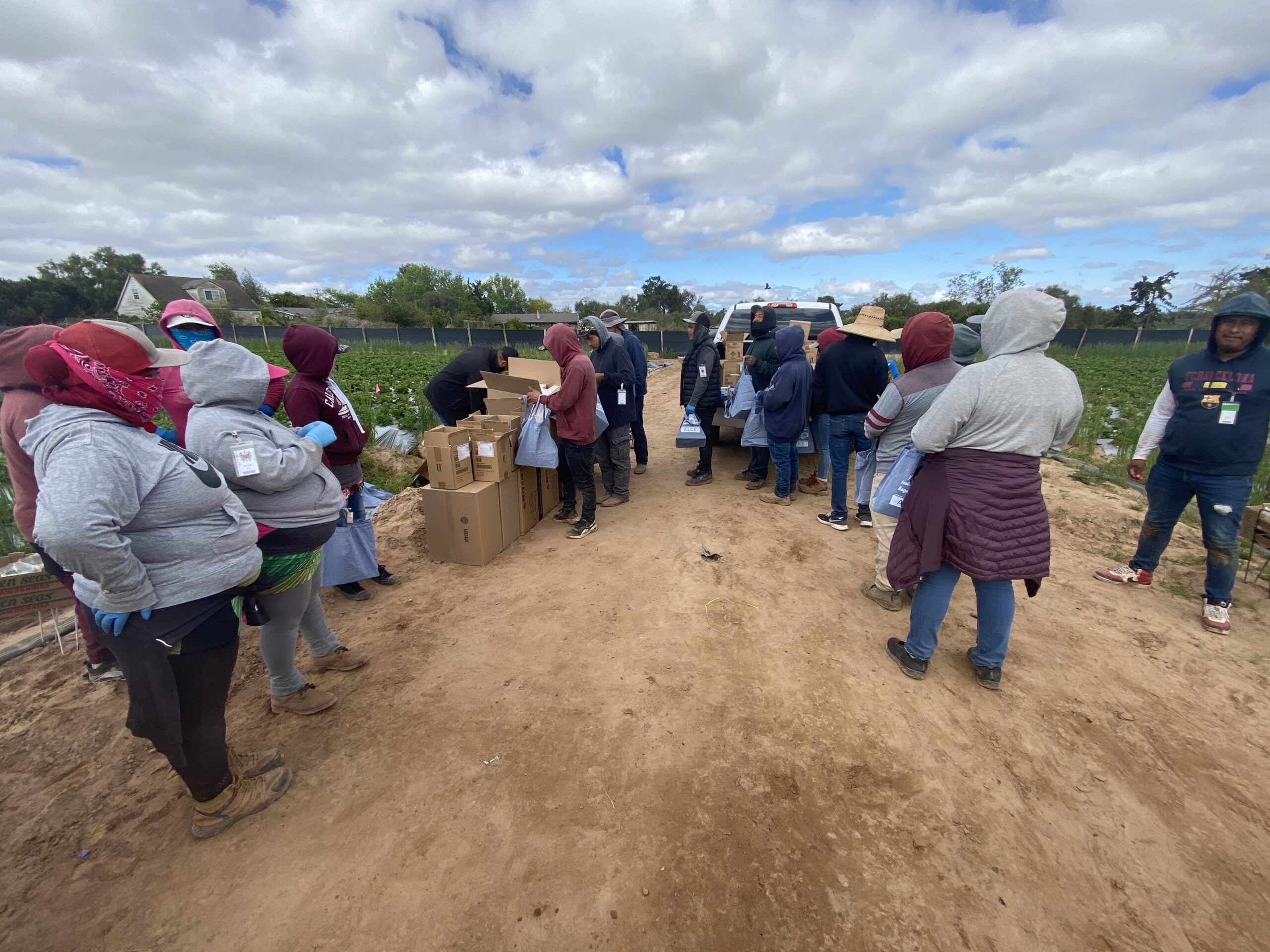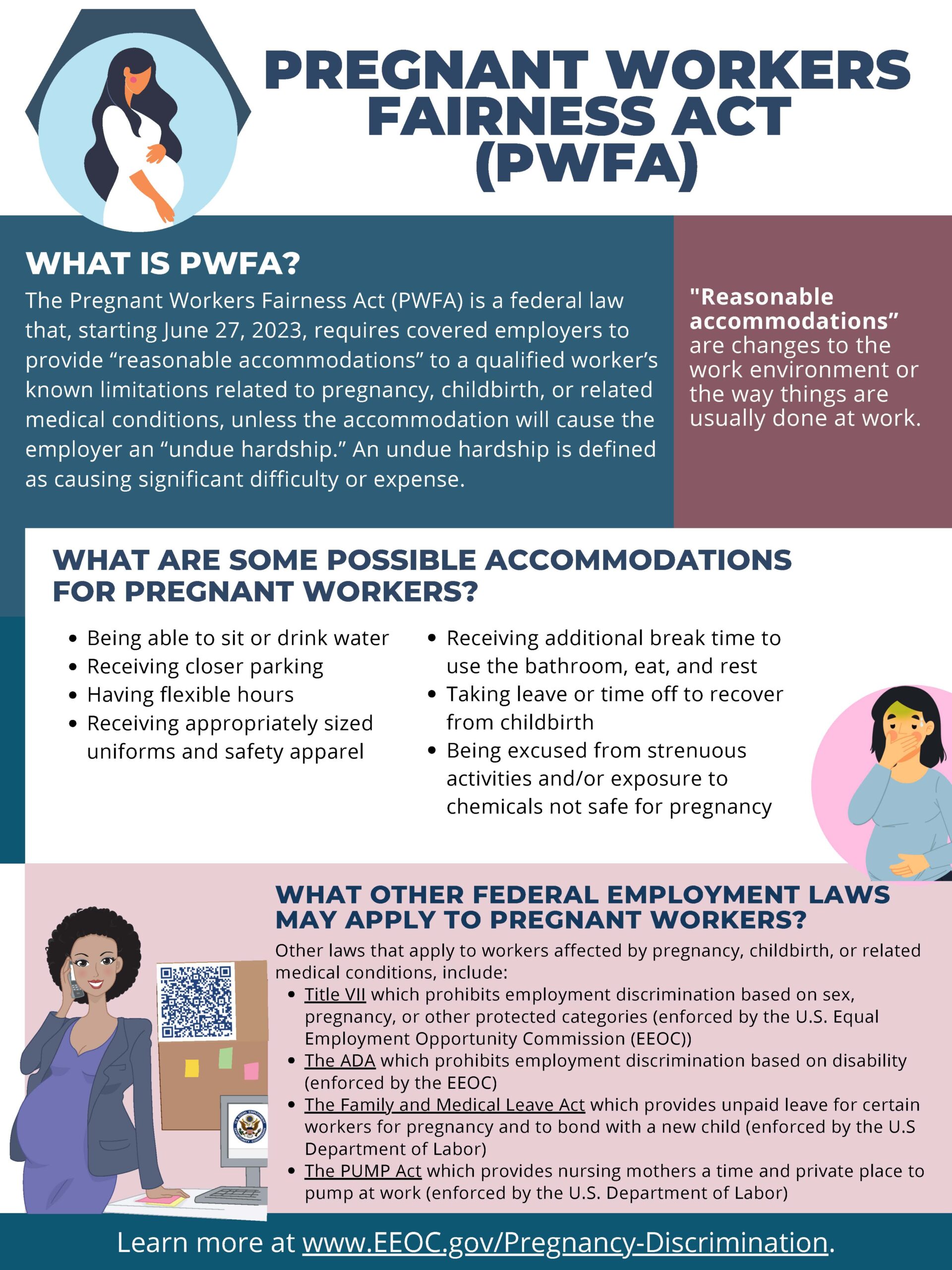Launching the #agweekchallenge for National Ag Week.
Show us how you are celebrating agriculture during this week. With agriculture being such a vital industry, now is more important than ever to advocate for our industry.
The history of National Ag Week:
From NationalToday.com
Agriculture is the biggest food contributor in America. America is the net exporter of food, which means that this industry is a source of food and wealth. The rich history of agriculture in the U.S. attracted colonists to the area. Since most colonists were European, the styles of agricultural cultivation and production were Europe influenced as well. Colonists also brought a large amount of livestock with them to America, which caused changes in its natural landscape.
As the population grew, farms expanded, and settlements moved from the east into the west. This caused the agricultural industry to grow exponentially, with a larger variety of produce being rooted. Once the west was populated and cultivated, a wheat frontier was formed. The east was firmly set on cattle and livestock with only a handful of small-scale crops. On the other hand, the south was dominated by tobacco and cotton. Lastly, the north was dominated by people who planted only what they needed, anything in excess was sold to the market.
It was only during the Civil War and the Second World War that the agricultural system became centralized, and a proper agricultural system was introduced. The Agriculture Council of America, formed in 1973, has supported the farmers and agricultural advancements in farming techniques in the U.S. It comprises influential leaders in agriculture, food, and farming who work together as a non-profit organization dedicated to educating the world on the importance of agriculture in American Society.
At the same time when the council was formed, the first National Agriculture Day was also introduced, which soon developed into an entire week-long celebration. National Agriculture Week has been celebrated ever since, with full enthusiasm to support agriculture and spread awareness about the potential and vitality of agriculture.









